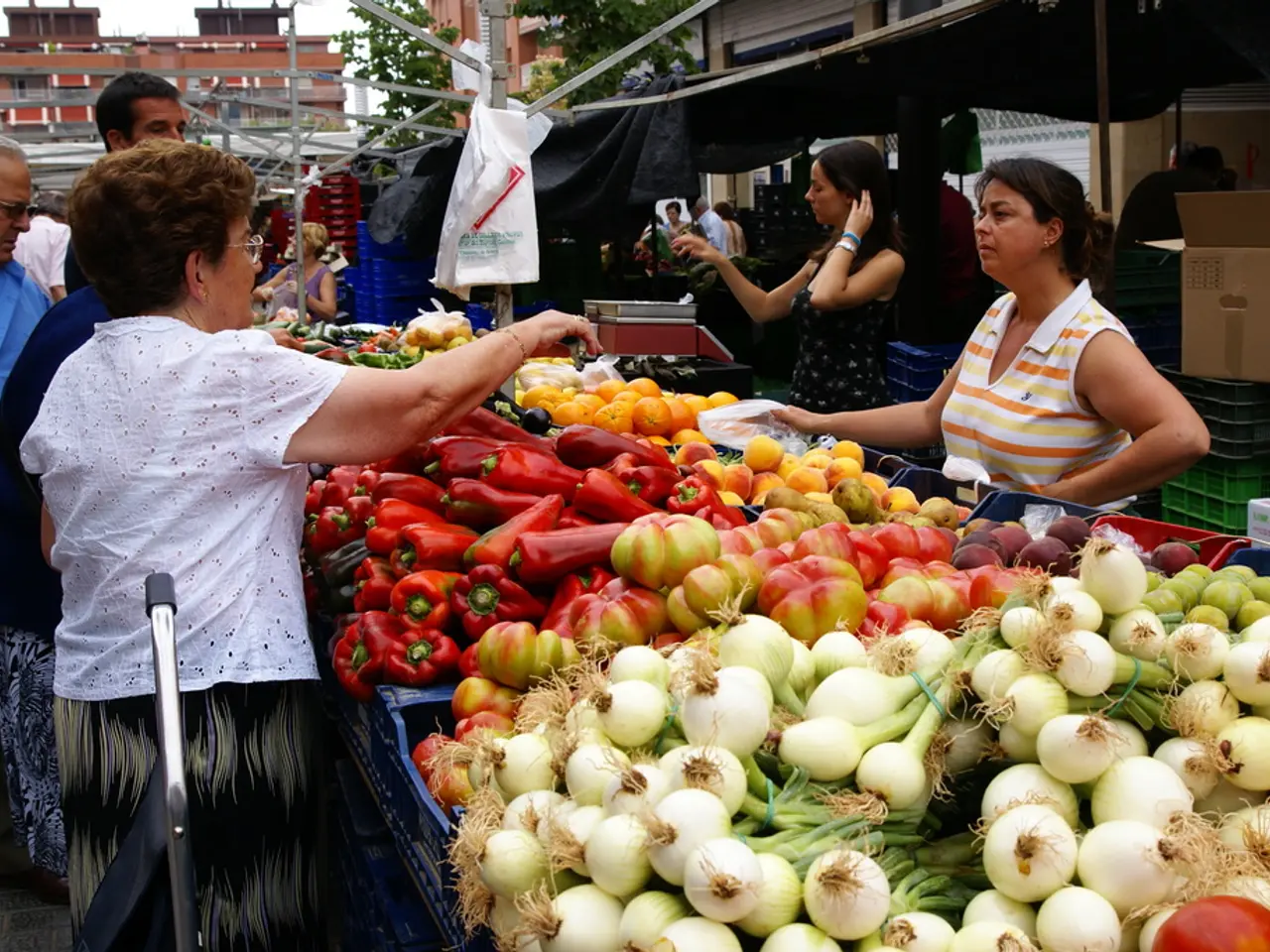Opportunity for Malaysia to spearhead ASEAN in international plastic treaty negotiations, declare parliamentarians
The final negotiations for the Global Plastics Treaty are underway in Geneva, with the sixth session (INC-5.2) taking place from August 5 to 14, 2025. The treaty aims to conclude a legally binding international agreement to end plastic pollution by addressing the full lifecycle of plastics, from design to disposal.
As the current ASEAN chair, Malaysia is in a strategic position to lead ASEAN's collective voice in these negotiations. While specific actions and initiatives from Malaysia have not been extensively detailed, its chairmanship places it as a regional diplomatic advocate for a robust plastics treaty.
The High Ambition Coalition, consisting of over 70 countries, is pushing for an ambitious and binding treaty framework to be adopted by 2040. Key issues under discussion include plastic production caps, hazardous chemical phaseouts, and measures to reduce pollution globally.
Malaysia has taken several steps to address plastic waste domestically. Since July 1, it has banned all forms of plastic scrap from entering the country through an amendment to its Customs Act. Acting natural resources and environmental sustainability minister Johari Abdul Ghani also proposed that all plastic recycling companies in the country must be licensed under the Ministry of Investment, Trade and Industry (MITI) to enable better oversight and enforcement of laws.
However, segregation of waste at source remains a major challenge in Malaysia due to lack of awareness and recycling infrastructure. Only 10 to 20 per cent of imported plastic waste is processed in Malaysia, with the majority being dumped in landfills.
Scientific studies have linked chemicals commonly found in plastics, such as phthalates, BPA, and PFAS, to a range of health issues, including cancer, hormonal disruption, infertility, and developmental disorders. Some of these chemicals, such as bisphenol A (BPA) and per- and polyfluoroalkyl substances (PFAS), are classified as persistent organic pollutants because they resist degradation, remain in the environment for long periods, and can accumulate in living organisms, posing long-term risks to human health and ecosystems.
Civil society organisations, including over 100 in Malaysia, have urged the government to champion the Global Plastics Treaty. In a joint memorandum handed over to Parliament last week, they called on Malaysia to advocate for a global treaty that protects human and environmental health from the harms of plastic.
Malaysian Members of Parliament are also calling for the government to push for a strong and legally binding international plastics agreement. Civil society representatives have urged Malaysia's representatives to advocate for a global treaty that prioritises human and environmental health over the interests of the plastics and petrochemical industries.
As the negotiations progress, it is crucial for countries to reach consensus on critical issues such as plastic production caps and eliminating chemicals of concern in plastics. The Global Plastics Treaty presents an opportunity to regulate hazardous chemicals used in plastics and address the full lifecycle of plastics to combat the growing threat of plastic pollution.
- Sustainability and corporate responsibility are at the forefront of current discussions, particularly in the context of the Global Plastics Treaty negotiations in Geneva.
- The treaty is focused on ending plastic pollution, encompassing the entire lifecycle of plastic, from design to disposal.
- The ASEAN chair, held by Malaysia, is strategically positioning the country as a regional advocate for a robust plastics treaty.
- The High Ambition Coalition, comprising over 70 countries, is advocating for an ambitious treaty framework to be adopted by 2040, addressing issues like plastic production caps and hazardous chemical phaseouts.
- Malaysia has implemented domestic measures to combat plastic waste, such as the ban on plastic scrap imports and licensing requirements for plastic recycling companies.
- However, challenges persist in waste segregation due to insufficient public awareness and recycling infrastructure, resulting in the majority of imported plastic waste being landfilled.
- Scientific studies highlight the health risks associated with chemicals in plastics, such as phthalates, BPA, and PFAS, which are linked to cancer, hormonal disruption, infertility, and developmental disorders.
- Civil society organizations, including over 100 in Malaysia, are urging the government to champion theGlobal Plastics Treaty, advocating for a framework that prioritizes human and environmental health.
- As the negotiations unfold, it's crucial for countries to reach consensus on critical issues such as plastic production limits and eliminating harmful chemicals in plastics, using the Global Plastics Treaty as a means to regulate these chemicals and combat the growing threat of plastic pollution.




